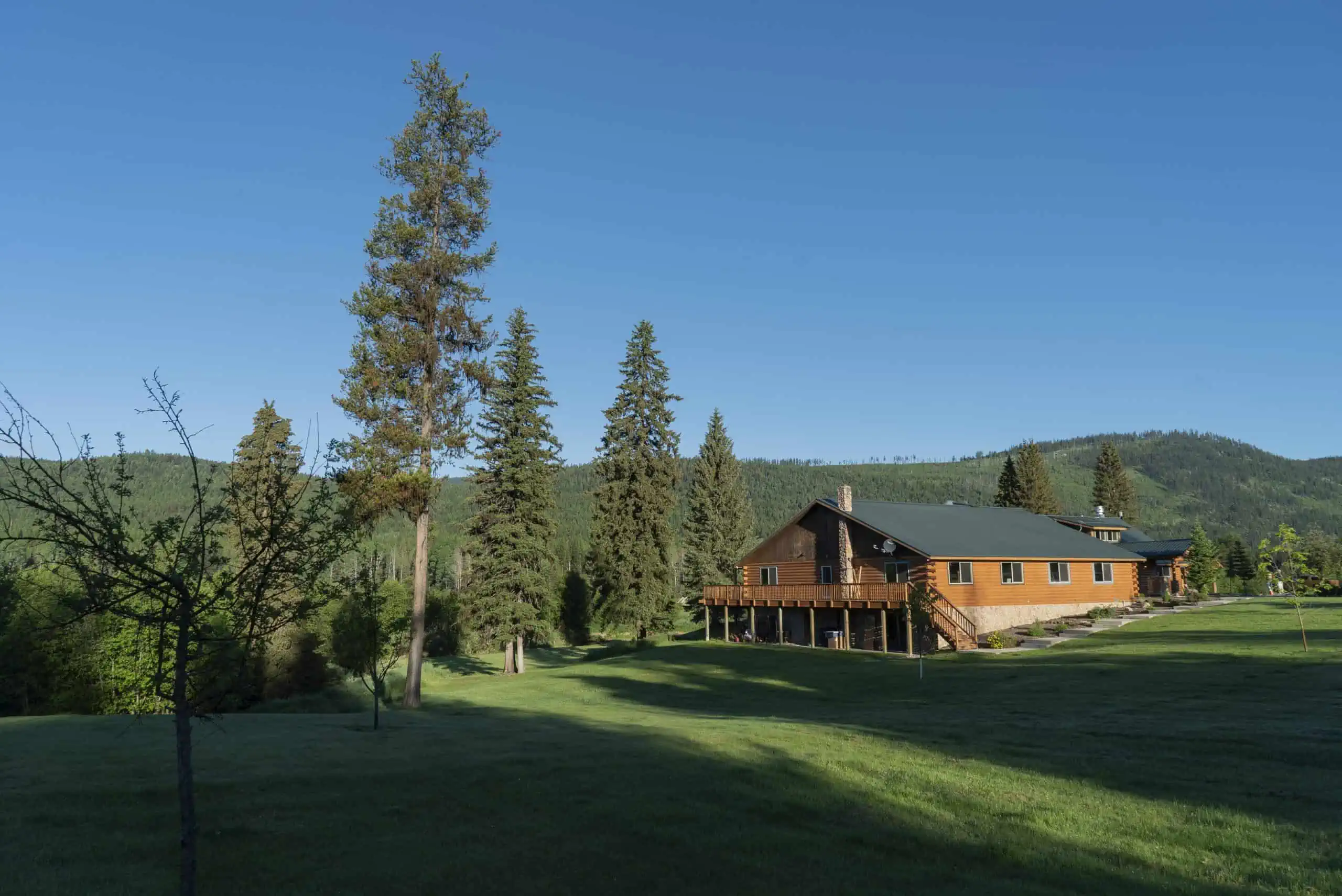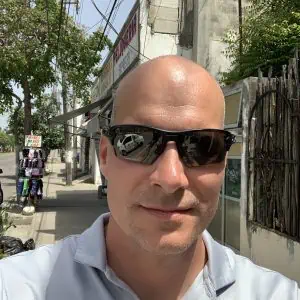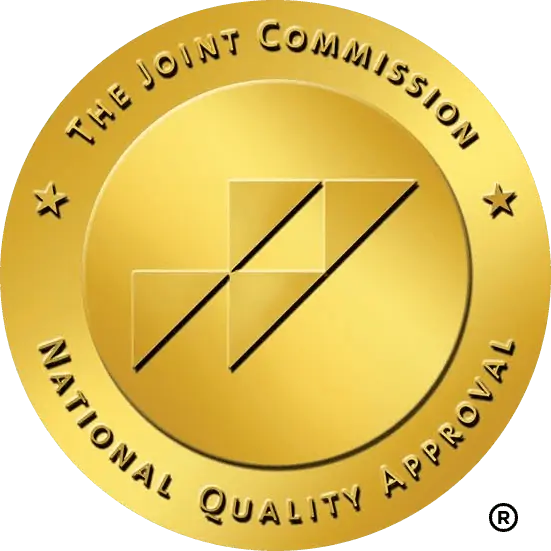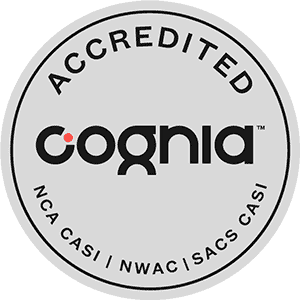This article discusses suicide. If you are having thoughts of suicide, call or text 988 to reach the Suicide and Crisis Lifeline or go to SpeakingOfSuicide.com/resources for a list of additional resources.
Are you seeking a transformative solution for your teen’s challenges? Turning Winds offers a unique, long-term residential treatment program for teens that fills the gaps left by conventional options. Our holistic and relational approach, guided by experts like Dr. John Gordon and CEO Owen Baisden, ensures profound and lasting change for your teen.
Understanding Turning Winds’ Unique Healing Approach
Our hybrid residential treatment program for teens fills the gaps left by other available treatment options.
“It can be long enough to really help young people,” says medical director John Gordon, MD.
“One is that it’s a long-term program like Turning Winds is very unusual. It’s hard to find these days. Most of the time, kids who have problems go into a psychiatric hospital for a week, and then they’re sent out, and it doesn’t do very much for them.
There are a few other programs that last for a month, some of them even three months, but a lot of kids blow themselves out of those programs and don’t succeed.”
A Comprehensive Long-Term Residential Treatment Program for Teens
The trick is to give them enough time to heal—enough time to actually effect positive change. Our program’s holistic approach, relational focus, and emphasis on achieving authentic openness make Turning Winds especially effective at facilitating positive outcomes and long-term change.
“The simple, singular focus of our treatment program is to help each student improve their self-image and their self-confidence and change the behaviors that have been hindering their growth by teaching them to create stable patterns of living through education, process groups, and individualized treatment planning,” says Turning Winds CEO Owen Baisden.
Real Stories of Teen Transformation and Personal Growth
Overcoming Digital Addiction
Dr. Gordon frequently sees teenagers who are hooked on the internet and video games and sometimes view a lot of pornography, basically because they feel lonely and don’t have much else to do. When they arrive at Turning Winds, many of them don’t want to be there.
“That usually changes after a while, but it often takes a few months because a lot of times the older kids are kind of trying to fly under the radar and not really deal with stuff,” says Gordon.
Others get on board much more quickly. Dr. Gordon remembers two clients, “both of them saying that it’s really great to have all the things you can do here at Turning Winds, that it’s a lot of fun. They came out of their shell and the place they were at, and they just didn’t know how to do anything else because they didn’t think they had any other options.”

The Science of Healing and Time
In his book Not By Chance, teen therapy expert Tim Thayne also emphasizes the importance of allowing enough time for change to occur. “There is another element to why good programs work and that is simply time,” Thayne wrote.
“To create deep internal change, teens need to be immersed in a carefully crafted milieu, with positive values and solid principles, long enough for these changes to sink in.” Thayne likens this process to “baking bread in terms of the importance of keeping bread in the oven long enough to bake all the way through.”
The Importance of Time In a Residential Treatment
The average stay for teens at Turning Winds is nine and a half months; however, it’s possible for clients to be at Turning Winds for longer periods of time depending on their needs and goals. In essence, long-term treatment really allows our teens to form relationships with people that would not have been possible for them otherwise.
“Usually, it takes about five months before kids really decide that they’re going to make use of the program,” says Dr. Gordon.
Turning Winds: A Safe Haven for Healing
It is not unusual for struggling teenagers receiving treatment to present with multiple conditions such as depression, anxiety, substance misuse, eating disorders, self-harming, unaddressed trauma, and other mental health issues.
As the medical director and attending psychiatrist, Dr. Gordon typically sees kids once a week for as long a session as seems useful. “Before I do that, I go through whether there have been any serious incidents written up by staff, or whether there have been minor incidents. I go over the family sessions, I read all these things, and then I go over the individual sessions. So by the time we do the interview, I’ve got a pretty good picture of how things have been in the program for that kid.”
Most importantly, Turning Winds is a safe place for the kids to heal. “A lot of times kids come here with suicidal thoughts or attempts,” says Gordon. Recently, he was treating a client who had attempted suicide on several occasions, but she was doing much better at Turning Winds.
“I think because of the safety of the environment and because I was talking with her once a week as I do with all the other kids I’m responsible for, the underlying issues about being suicidal were being addressed.”
Addressing the Rise in Youth Suicide Rates
Deaths from suicide among youth and young adults have been increasing over the last two decades in the United States, new federal data published by the CDC in June show alarming statistics.
For people between the ages of 10 and 24:
- The suicide rate remained stable between 2001 and 2007, around 6.9 per 100,000.
- The suicide rate has risen 60 percent since 2011.
- The rate was 11.0 per 100,000 in 2021.
- Suicide is the second leading cause of death among adolescents.
Turning Winds offers a full continuum of care for teens with mental health needs, including suicidal ideation. Our clients achieve success through a combination of therapeutic, recreational, and educational approaches that together provide the best possible outcomes.
Blending the Best of Multiple Therapies
The innovative hybrid program at Turning Winds blends the successful aspects of residential treatment centers, therapeutic boarding schools, and wilderness therapy. This unique and holistic approach to healing provides one life-changing experience for teens. We designed residential treatment program for teens to foster profound and lasting positive change. Thereby, effectively addressing mental health issues such as suicidal ideation, depression, and digital addiction.
Take the first step towards a brighter future for your teen. Contact us online for more information, or call us at 800-845-1380 as we are available 24 hours per day to answer your questions and guide you in the process of finding a solution for your teen.









